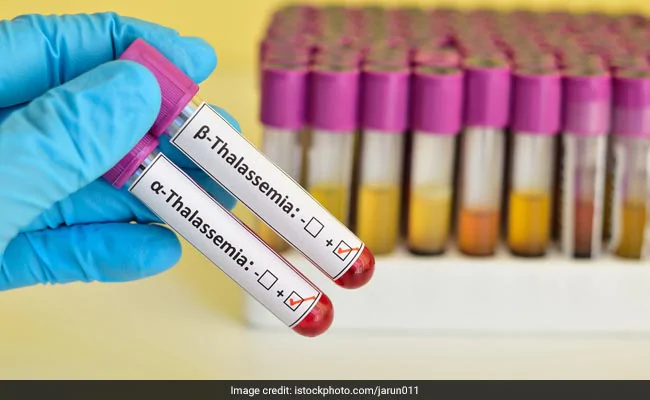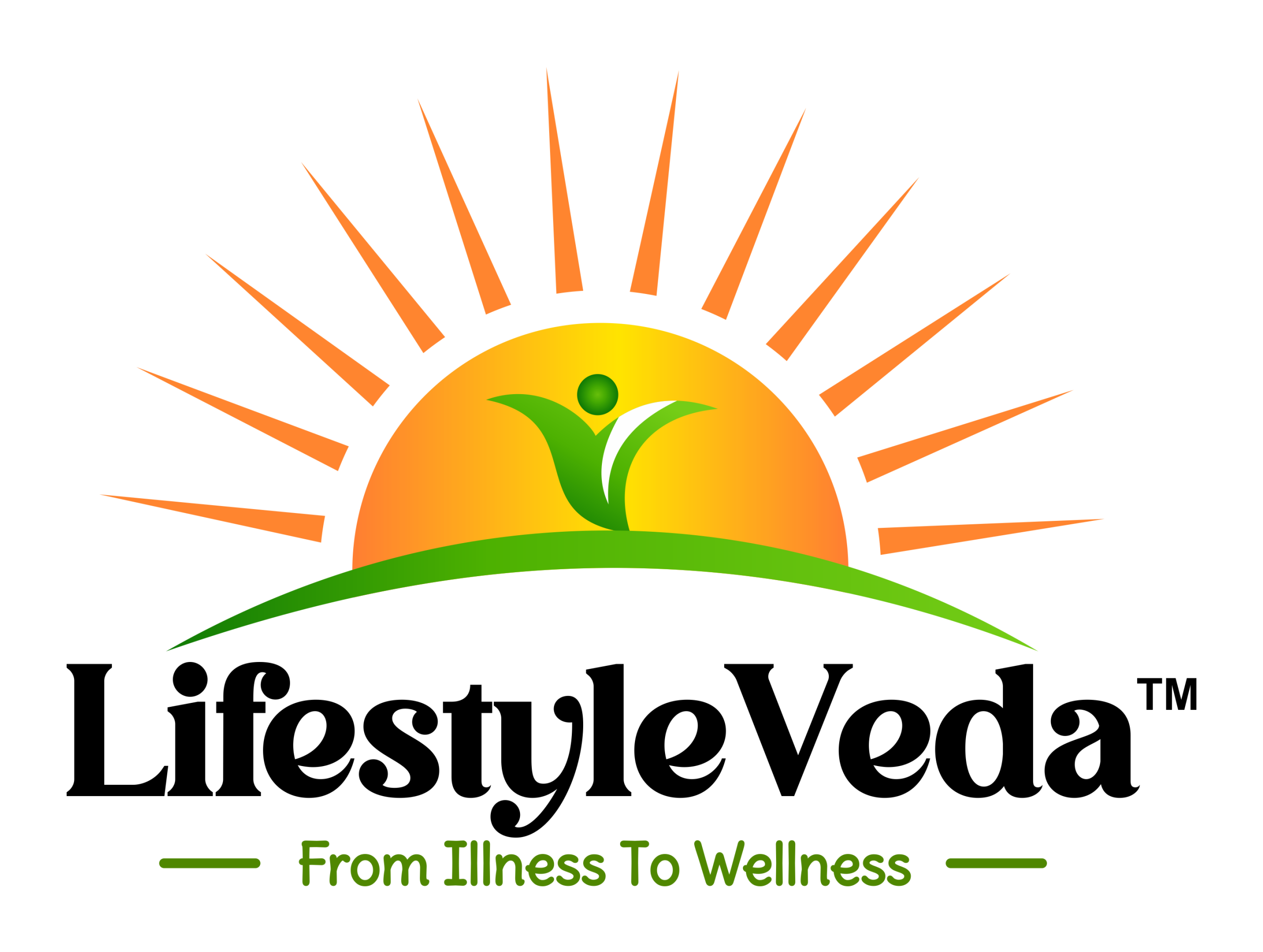
Thalassemia: Causes, Symptoms, and Treatment
Thalassemia is a genetic blood disorder that affects the production of hemoglobin, the protein in red blood cells (RBCs) responsible for carrying oxygen. People with thalassemia have low hemoglobin levels, leading to anemia and other complications.
Types of Thalassemia
There are two main types, based on the affected hemoglobin chains:
1. Alpha Thalassemia
- Occurs when one or more of the four alpha-globin genes are missing or mutated.
- Mild to severe anemia, depending on the number of affected genes.
- Severe cases can cause hydrops fetalis, a fatal condition in newborns.
2. Beta Thalassemia
- Caused by mutations in the beta-globin genes.
- Two subtypes:
- Thalassemia Minor (Trait): Mild anemia, often asymptomatic.
- Thalassemia Major (Cooley’s Anemia): Severe anemia, requiring lifelong blood transfusions.
Causes of Thalassemia
- Genetic Disorder: Inherited from one or both parents.
- Carrier Status: If only one parent has the gene, the child may have thalassemia minor (mild or no symptoms).
- High-Risk Populations: More common in people from Mediterranean, African, Middle Eastern, and South Asian backgrounds.
Symptoms of Thalassemia
Mild Cases (Thalassemia Minor)
- Fatigue
- Mild anemia
- Slight paleness
Severe Cases (Thalassemia Major & Intermedia)
- Severe anemia (weakness, dizziness, pale skin)
- Delayed growth & development in children
- Bone deformities (especially in the face & skull)
- Enlarged spleen & liver
- Frequent infections
- Iron overload (from blood transfusions, leading to organ damage)
Diagnosis of Thalassemia
- Complete Blood Count (CBC): Detects low hemoglobin and small RBCs.
- Hemoglobin Electrophoresis: Identifies abnormal hemoglobin types.
- Genetic Testing: Confirms mutations in the alpha or beta genes.
- Prenatal Testing: Chorionic villus sampling (CVS) or amniocentesis detects thalassemia in unborn babies.
Treatment for Thalassemia
1. Mild Thalassemia (No Treatment Needed)
- People with thalassemia minor usually do not require treatment but should maintain a healthy diet and avoid excess iron supplements.
2. Moderate to Severe Thalassemia
- Regular Blood Transfusions:
- Every 3–4 weeks for thalassemia major.
- Helps maintain hemoglobin levels and prevent complications.
- Iron Chelation Therapy:
- Removes excess iron from the body (caused by frequent transfusions).
- Common drugs: Deferoxamine, Deferasirox, Deferiprone.
- Folic Acid Supplements:
- Supports red blood cell production.
- Bone Marrow or Stem Cell Transplant:
- Only potential cure for severe thalassemia.
- Requires a matched donor (usually a sibling).
Prevention & Management
- Genetic Counseling: Recommended for couples with a family history of thalassemia.
- Regular Monitoring:
- Liver & heart function (to prevent iron overload complications).
- Bone health checks (to prevent osteoporosis).
- Healthy Diet:
- Iron restriction if receiving frequent transfusions.
- Calcium & vitamin D for bone strength.
- Avoid infections (vaccinations, proper hygiene).
When to See a Doctor
- Severe fatigue, weakness, or pale skin.
- Frequent infections or slow growth in children.
- Signs of iron overload (joint pain, heart problems, diabetes).
With proper treatment, people with thalassemia can lead long and healthy lives. Advances in medicine have improved outcomes for those with severe forms.

